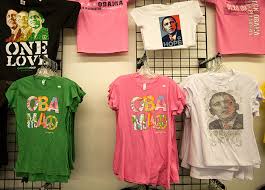floppymoose wrote:It really depends on how punitive it is. If it is enough so that even the rich teams will not go over it by much, then it serves to level the playing field much better than the old system.
Unfortunately, it doesn't . .
You have a rule that allows teams an option to overspend under special, presumptively, competitively justifiable circumstances. But, by increasing the cost, you have diminish the rational incentives for smaller market teams to utilize such an option relative to their better capitalized competition.
No matter how much you increase such a tax to "get to" the wealthy teams, you are leaving an option on the table that along with your tax increased, becomes a decreasingly viable option for small market teams to a higher degree. Where the Bucks might be willing to broach the cap under the lower penalty, they are less likely to do so under a higher penalty than the wealthier lakers. A higher cap may decrease a wealthy team's desire to overspend (highly speculative assumption based on the Yankees/Red Sox precedent) but it decreases a poorer teams desire to overspend by a greater delta. Ultimately, you have widened the gap in terms of how the calculus of available rational self-interested choices functions for wealthy vs. less wealthy teams.
If the goal is parity then the half measures do not work. If you want to level the playing field then you level it. Get rid of the option to overspend altogether.














